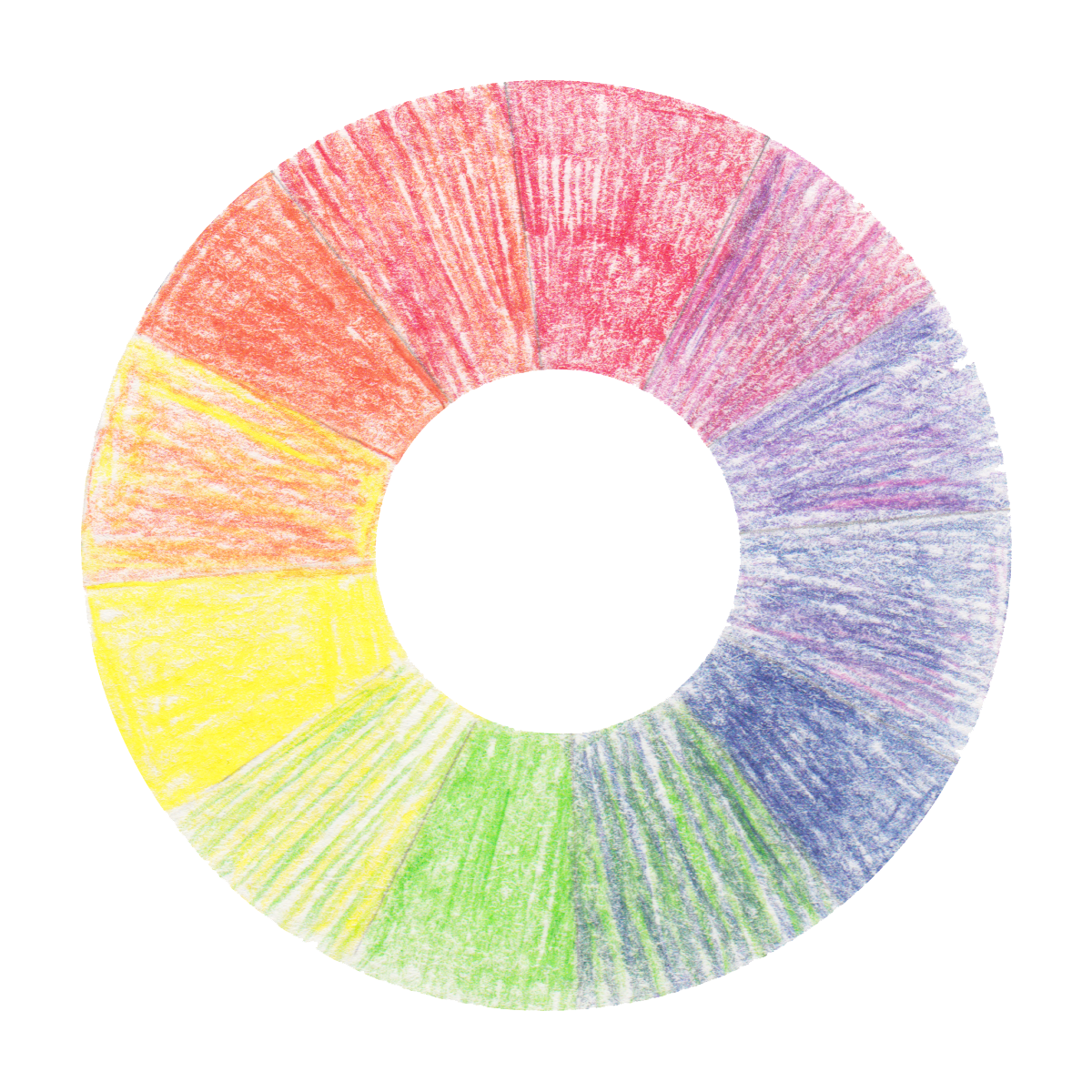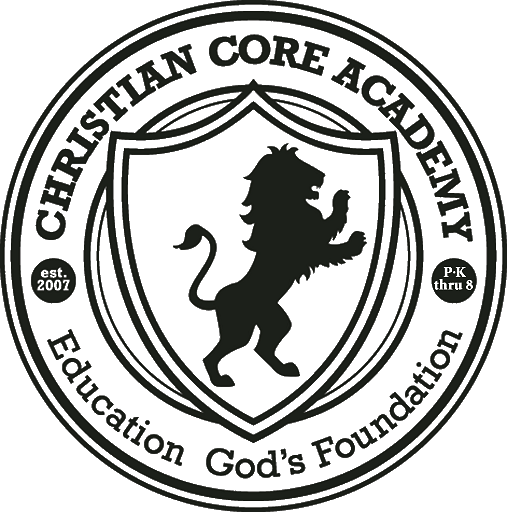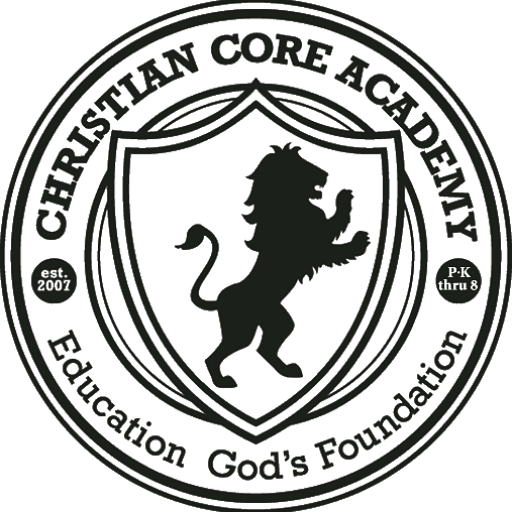Explore the Differences
As prospective parents of a school, you may have many questions about the educational options available in northern Colorado. Is the Core Knowledge Sequence the same as Common Core? How does it compare to the Waldorf and Montessori schools?
We have brief answers below but recommend that you schedule a school tour to truly understand what sets CCA apart.

The most common question: answered
Core Knowledge is not Common Core
Confusion about Common Core has reigned from the beginning, since the federal government rolled out the program with no clear definition of what it meant. To this day, there isn’t a clear standard of what a child should know in each grade. Common Core seeks to prepare students “for college and career”. The danger in this goal is that it emphasizes the ability to pass a test, without teaching long-term retention or the qualities of American culture and citizenship.
By contrast, the Core Knowledge Sequence provides “content-specific, cumulative, and coherent curriculum guidelines” for each grade. It is based on years of research, testing, and hands-on experience within the classroom. According to the foundation’s website, “the Sequence is intended to help children establish strong foundations of knowledge grade by grade from preschool through grade eight.”
Montessori Education
Montessori schools focus on developing a child’s creativity, self-expression, and ability to work well with others. The classroom teacher supports and guides a child’s interests rather than teaching an established curriculum.
As the children grow, they are encouraged to think more globally, to understand themselves in wider contexts. Adolescent schooling incorporates “farm management and economic interdependence” even in urban settings.
While these are lofty and good goals, we believe that they aren’t necessarily comprehensive enough. Students benefit from a comprehensive and coherent curriculum. With the Core Knowledge Sequence, students move from one grade to another with the same accumulated knowledge; there is no fracturing based on personal interest.


Waldorf School
Waldorf education for a young child emphasizes play and creative thinking. Academic learning is delayed until first grade. Art, craftsmanship, and music are a pivotal part of learning in every grade. There are no grades assigned; instead, students receive a narrative-form report from their teacher at the end of the school year.
Teachers lead students in the classroom to create their own learning materials, and to play and learn together. Children learn primarily through imitation. Waldorf children stay in the same classroom and with the same teachers for multiple years, to build greater interpersonal bonds.
Again, while there are valuable aspects of this educational model, we don’t hold to this style of education. Young children are capable of learning academically, and there’s great value is repeating material throughout the years as the students’s capacity for understanding increases. We also believe that a cumulative, comprehensive curriculum gives students the same body of knowledge and sense of American identity as they grow up.

Christian Core Academy
608 E. Drake Road
Fort Collins, CO 80525
(970) 672-3565
